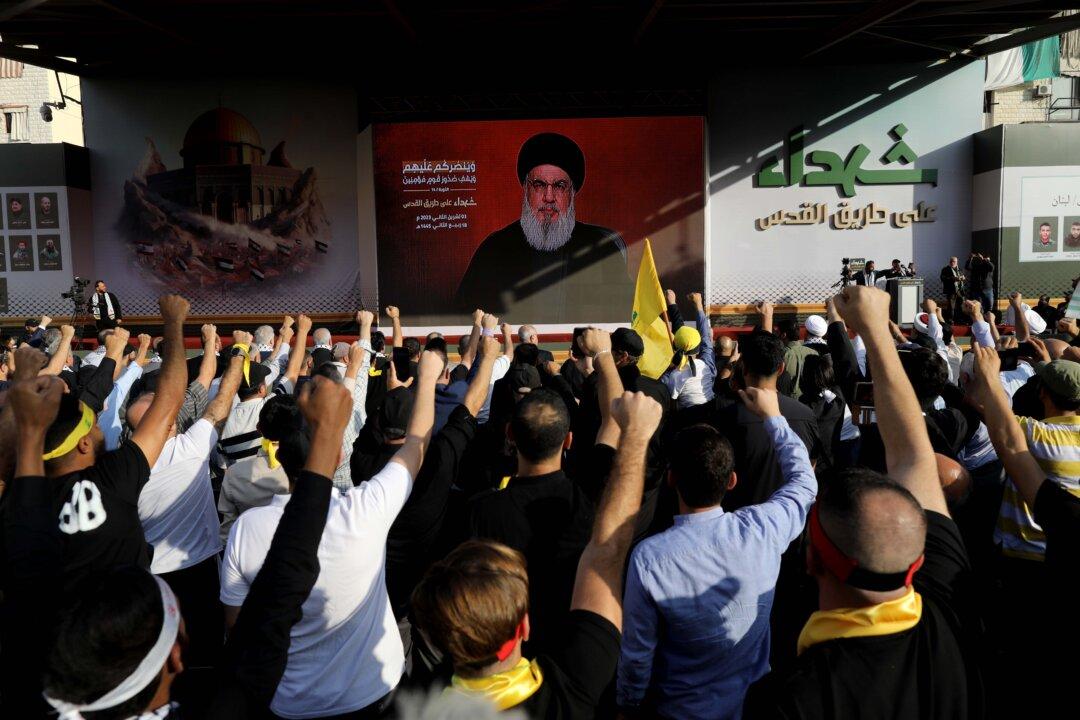The U.S. State Department issued a travel advisory urging American citizens to leave Lebanon amid the ongoing Israel-Hamas war and as top Hezbollah officials issued warnings about an escalating conflict.
“The [State Department] recommends that U.S. citizens in Lebanon leave now while commercial flights remain available due to the unpredictable security situation,” the U.S State Department posted to X, formerly known as Twitter, on Saturday.





